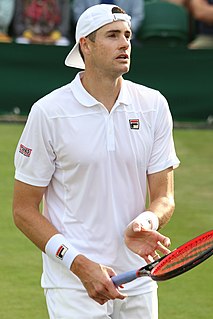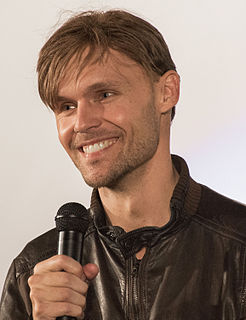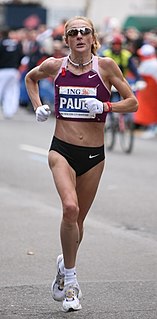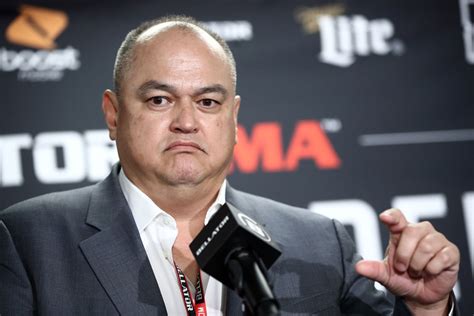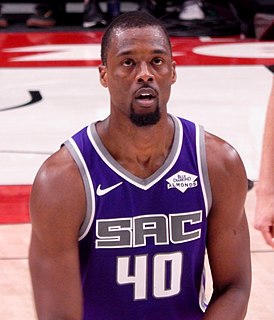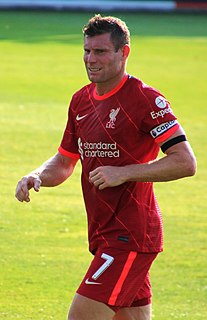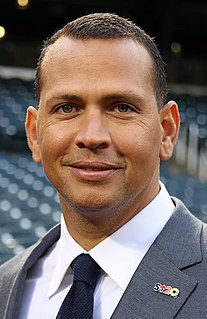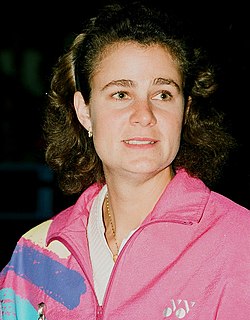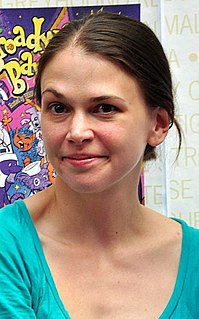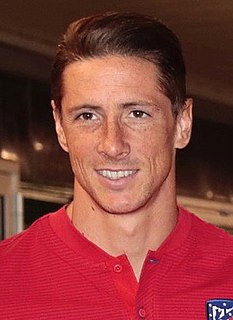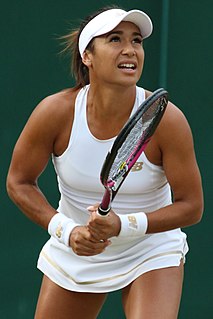A Quote by John Isner
As a tennis player, or any professional athlete, our career has a shelf life. I don't want to waste any opportunities, I don't want to look back on it when I'm 45 and think I could have done a lot more.
Related Quotes
People have asked if I would go back to my 20s, and I'm like, "Only if I could hold onto the wisdom and the things that I've learned." But in reality, I don't think I'd want to even go back then. I'm so happy with where I'm at. My life is very content. Everything feels really good. I wouldn't want to change any of that. I'm happy for all the ups and the downs, and everything that has led me to where I am. I wouldn't want to lose any of that.
I go into a gallery or museum, and I realize that I don't have to formulate any opinions if I don't want to. I don't have to think this thing through and write about it at any great length. I can think about it if I want to; if not, I can just walk out. So I can enjoy painting really a lot more than I could when I had that sort of pressure.
I tell you what really fries my ass. When somebody gets on me for the way I look. Fat. Overweight. Well, I may be overweight. But I'm sure not fat. And I guarantee you, I'm a better athlete than any f***g body writing. To this day, they don't want to play tennis with me. The don't want to play me in golf. They don't want to f***g run with me
